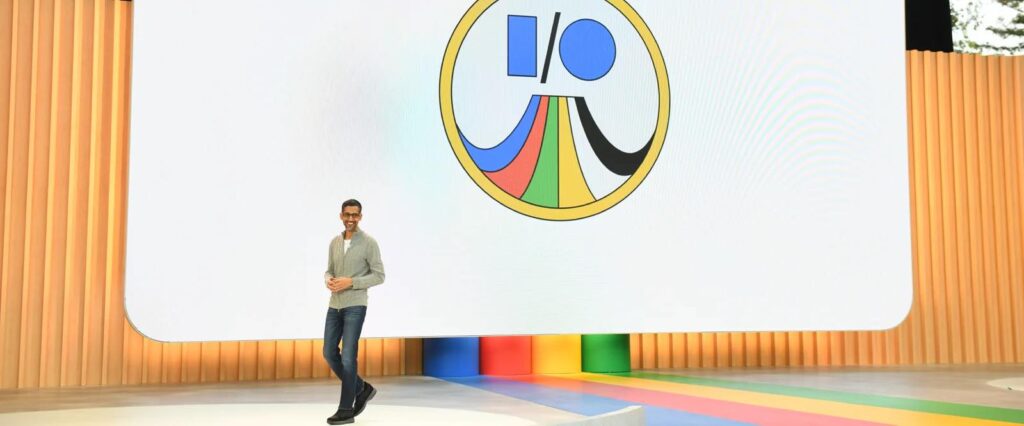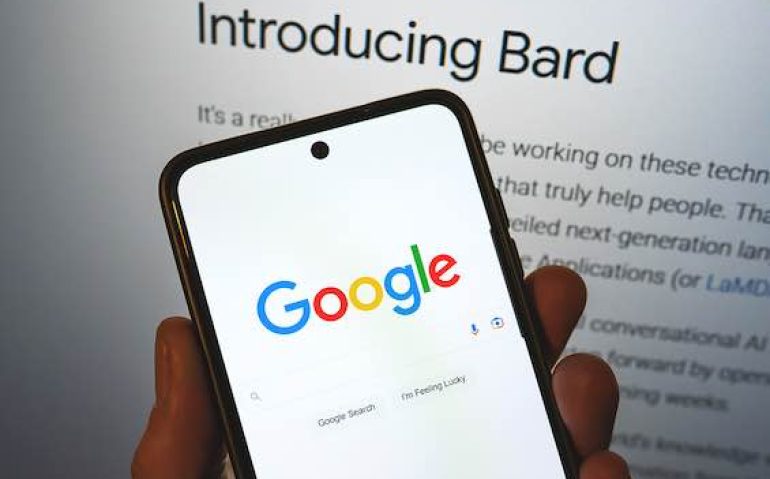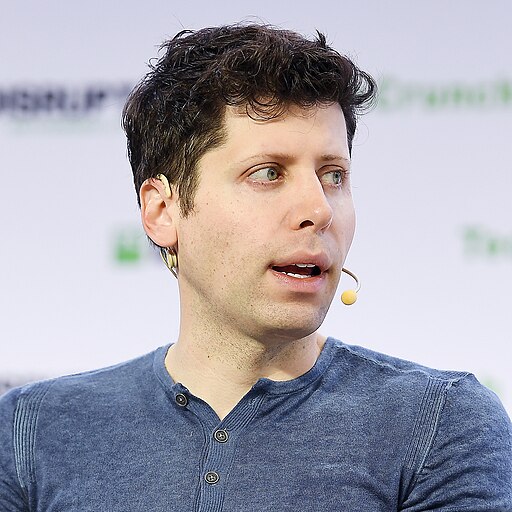It’s no secret that the AI world was taken by storm with the advent of ChatGPT. Google, however, wasn’t just going to sit back and watch. Their counter? The introduction of Google Gemini AI a formidable challenger in the generative AI arena.
From ChatGPT to Google Gemini AI: The Evolution
The unveiling of ChatGPT was a watershed moment in the AI realm, pushing Google into hyperdrive. The result wasn’t only the Google Bard and the game-changing Google Gemini AI. With generative AI predicted to burgeon into a $1.3 trillion industry by 2032, it’s evident why Google is leaving no stone unturned in this space.
Decoding Google Gemini AI
Gemini, a tantalizing mix of GPT-4 and techniques extracted from AlphaGo, like reinforcement learning and tree search, poses a formidable challenge to ChatGPT’s supremacy. Creating the Google DeepMind research team, merging the prowess of Google’s Brain and DeepMind AI labs, is a testament to the tech giant’s commitment to the AI domain.
Anticipation surrounding Gemini’s potential is palpable. Sundar Pichai, the man helming Google and Alphabet, offered a sneak peek into Gemini’s prowess. The model promises unprecedented multimodal capabilities and efficiency, set to take tool and API integrations to the next level.
The Competitive Edge: Why Google Gemini AI Might Lead
The looming question on everyone’s lips is whether Gemini can snatch the crown from ChatGPT, which boasts of a staggering 100 million monthly active users.
What gives Gemini its potential edge? It’s not merely its capability to produce diverse content but Google’s ace – its treasure trove of proprietary data. With Google Gemini AI having access to a reservoir of data from Google Search, YouTube, Google Books, and Google Scholar, its depth of insights might be unparalleled.
Insider reports suggest that Gemini, in its training, might have twice as many tokens as GPT-4 under its belt. And, with the combined expertise of the Google DeepMind and Brain teams, OpenAI now competes with a battalion of AI aficionados, including luminaries like Sergey Brin and Paul Barham. Their collective experience is pivotal in developing AIs capable of self-enhancement over time, reminiscent of AlphaGo’s triumph in 2016.
The LLMs Arms Race: Who Will Triumph?
Gemini’s arsenal is not just confined to its multimodal abilities. Its potential to generate text and imagery and Google’s proprietary data could make it the heavyweight in the LLM arena. In this race, the richness of training data is the ultimate determinant. And as of now, Google appears to have the upper hand.
But with OpenAI’s ChatGPT already having set the bar high, the next move from them is eagerly awaited.

Into the Future: PaLM 2 & Beyond
While the industry is abuzz with Gemini, let’s not forget PaLM 2. As a successor to Google’s previous model, PaLM 2 showcases advancements in multilingual understanding, logic, reasoning, and even coding capabilities. This diverse model, fine-tuned for various domains, from security to medical applications, embodies Google’s vision of creating AI that benefits everybody.
However, PaLM 2 is impressive in its own right. Built to be a giant leap in multimodal integrations and futuristic innovations, it’s evident that with Google Gemini AI, we’re on the cusp of a new digital era.
Global Implications: AI’s Growing Influence
The widespread expansion of large language models and generative AI doesn’t come without its share of concerns. With countries like China starting to regulate AI industries and the UK and the US hosting summits and forums to discuss AI’s implications, the world is watching closely.
Leaders of the tech industry, including Sundar Pichai, Mark Zuckerberg, and Elon Musk, will undoubtedly play a pivotal role in shaping this narrative.
Final Thoughts
The battle for AI supremacy is just heating up. With trillions at stake and global implications, this AI journey is one to watch. Only time will reveal the true victor in this fascinating saga.







